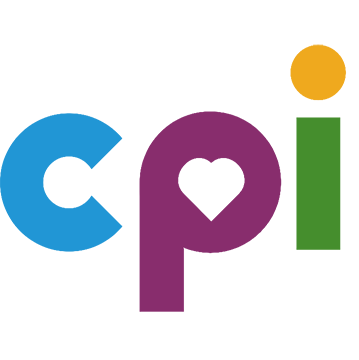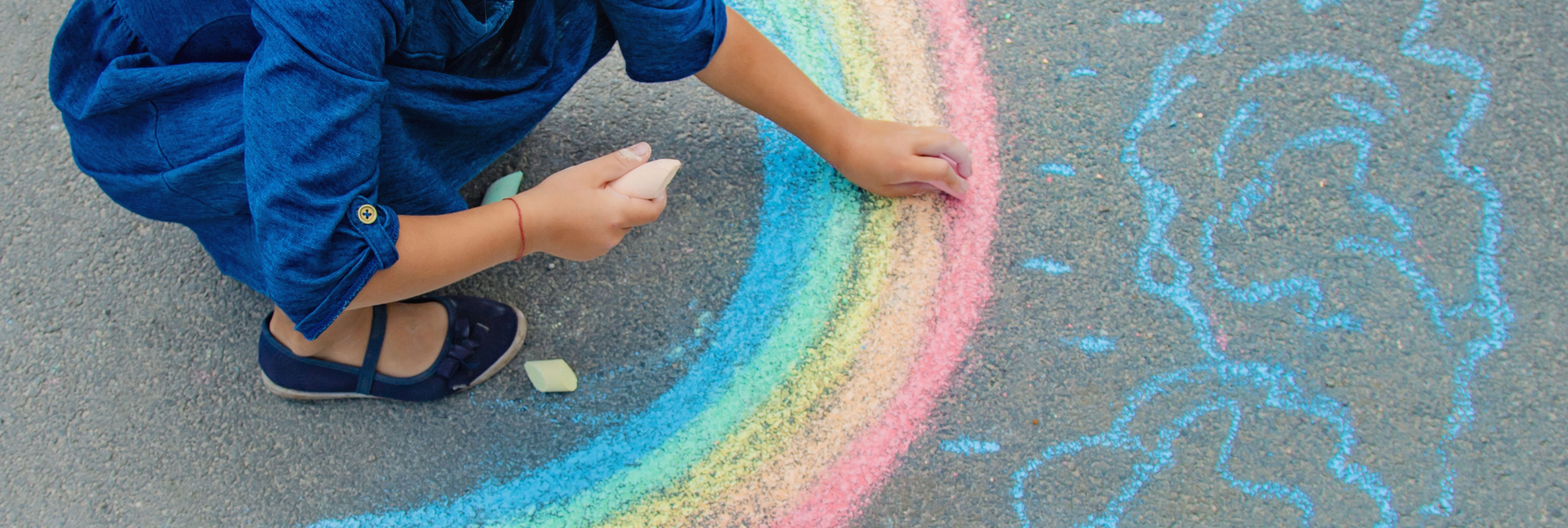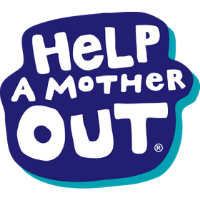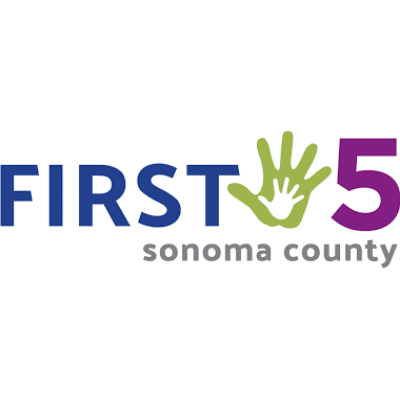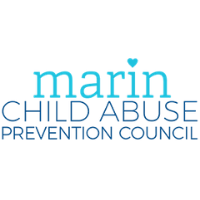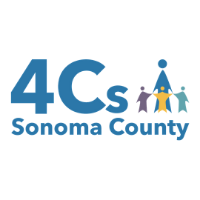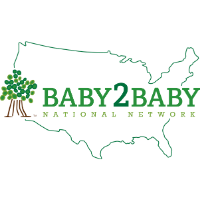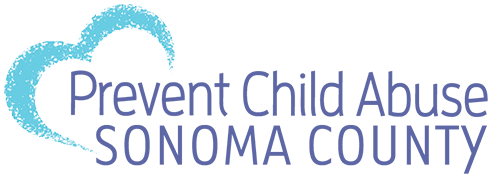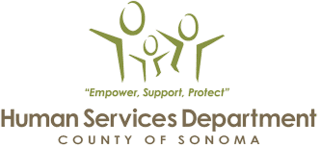Identifying and Metabolizing Complex Trauma in Early Childhood
This interactive workshop will provide a theoretical framework for understanding how exposure to trauma during the first 5 years of life impacts families and communities. This workshop will include an overview of basic concepts including complex trauma, vicarious trauma and community trauma. Participants will reflect on how complex trauma manifests in young children and across the family system. We will also discuss the ways that trauma manifests on a collective level across communities that have been disproportionately impacted by systemic racism.
Opportunities for self reflection and community building will be interwoven throughout. Participants will learn about trauma-informed tools for navigating complex trauma with young children.
Objectives:
● Create common language and common understanding about how trauma can affect health, behavior, and relationships, as well as how trauma can affect communities as a whole.
● Identify at least 2 manifestations of trauma across individual, familial, and collective contexts.
● Practice utilizing at least one tool for navigating trauma with young children
About the Presenter:
Monica Alejandra Noriega, Psy.D., (she/her) is a licensed clinical psychologist, assistant clinical professor at the University of California San Francisco, Child Trauma Research Program, and consultant at On the Margins, LLC. Dr. Noriega specializes in the assessment and treatment of complex trauma among children ages 0-5 and pregnant persons in community mental health and primary care settings. In her clinical role, Dr. Noriega provides Child Parent Psychotherapy (CPPPerinatal Child-Parent Psychotherapy (P-CPP), and infant mental health consultation at Zuckerberg San Francisco General Hospital. Dr. Noriega also offers trainings, workshops, consultation, capacity building, and curriculum development to community-based social service agencies. Dr. Noriega identifies as Chicana and is bilingual in English and Spanish.

